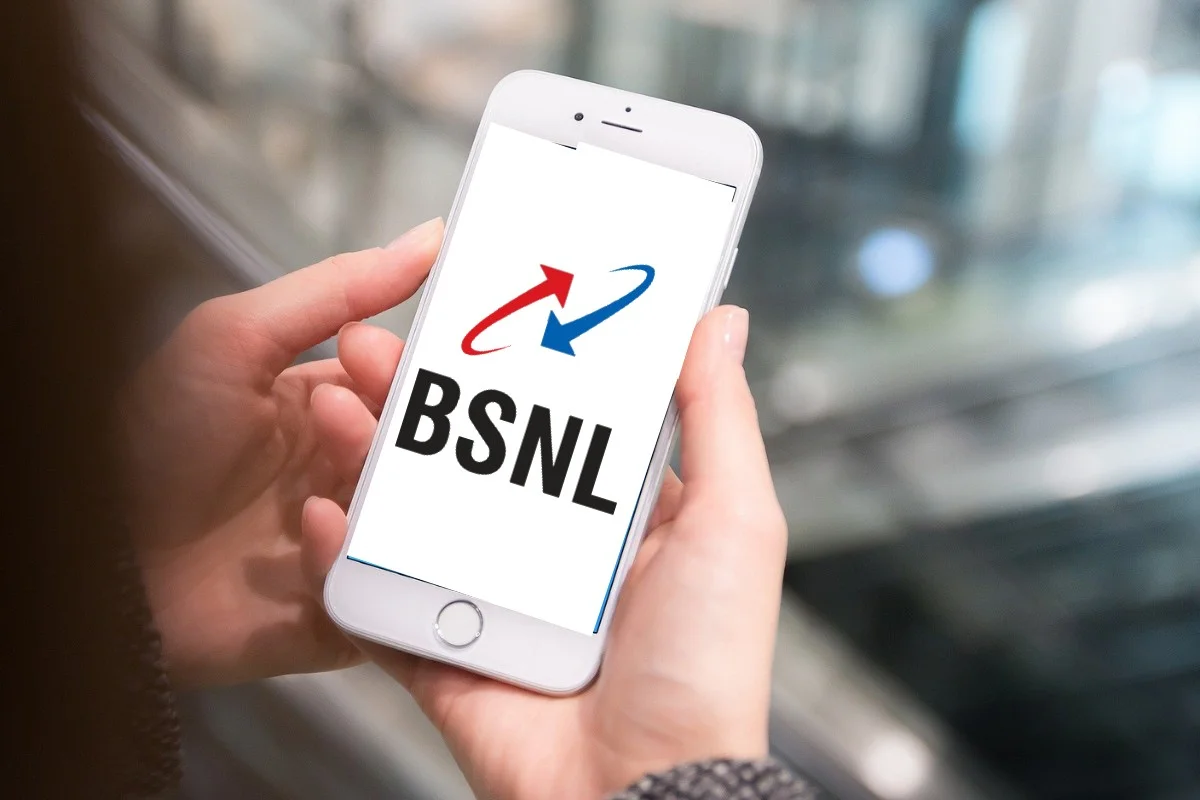
Bharat Sanchar Nigam Limited (BSNL) has faced several roadblocks in the process of rolling out its 4G network in India. The telco’s survival depends on rolling out 4G as fast as possible. At the same time, the government has said that it won’t privatise BSNL. Many aware of the industry assumed that it might be the most likely outcome, but Sanjay Dhotre, Minister of State for Communications, said that the government isn’t looking to privatise BSNL. He further said that the telco should be able to launch 4G services throughout India within 18 to 24 months.
BSNL Might Continue Offering 2G, Looking to Launch Hybrid 4G
According to a PTI report, when questioned, Dhotre didn’t clarify whether BSNL will continue offering 2G to users in the country. With the world shifting towards 5G, India still has millions of 2G customers, thus it is safe to assume that BSNL will keep offering 2G at least for a few more years.
Two days back, a report from Financial Express said that BSNL is looking to boost the 4G roll out and might go with a hybrid plan wherein it includes both the foreign vendors and Indian companies into its network.
The telco has suggested two different tender plans to the government which include splitting each tender into two parts.
BSNL’s worries just don’t seem to end. The telco is surviving because of its revival package introduced by the government in 2019.
The problem that lies for BSNL at the moment is that none of the Indian vendors has proven technology for the network core. Further, it takes a bit of time to produce proof of concept (PoC) for the same.
If BSNL can introduce 4G at a surprising speed, it will not only be beneficial for the telco but the overall market since the power at the moment lies mostly with Jio and Airtel. After BSNL’s 4G, it might get distributed which will motivate telcos to offer aggressive plans.















